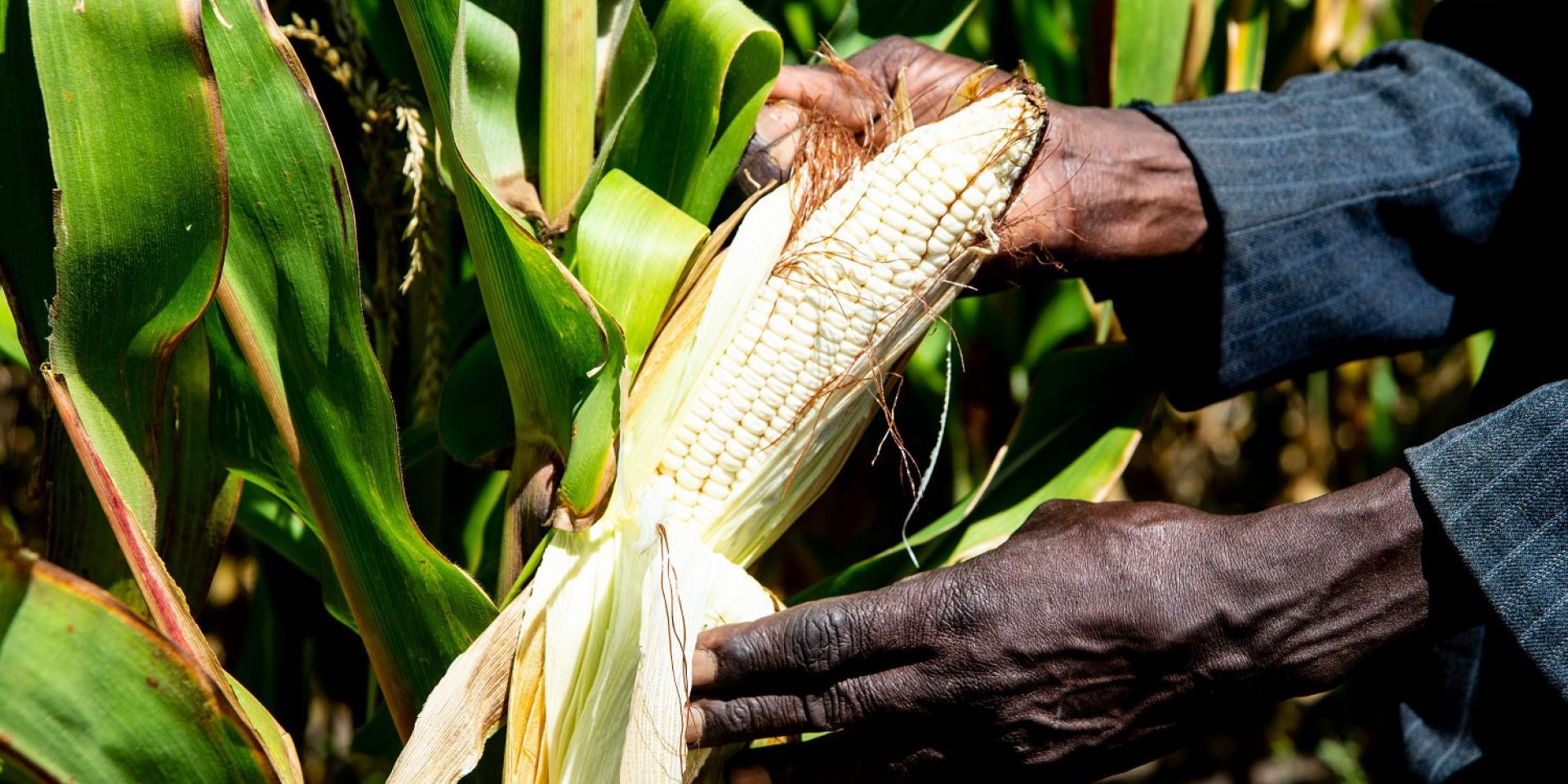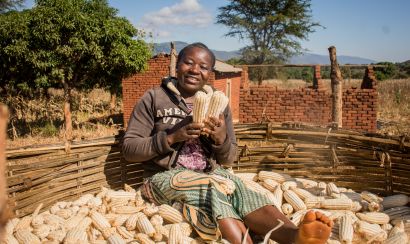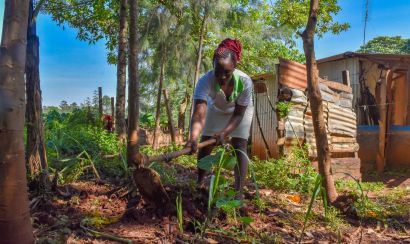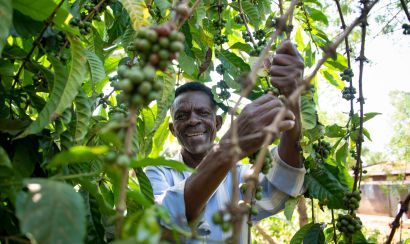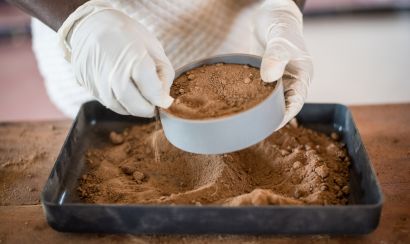One Acre Fund Rwanda Launches Joint Venture to Produce Maize Seed
2017, as Thomas Mbonihankuye remembers it, was “a very disorganised year.” His farming community, Rusizi in western Rwanda, along with others across the country, experienced a devastating harvest after their hybrid maize seed orders arrived too late.
“The delivery was delayed for several weeks to the extent that the rain fell before we planted,” Thomas recalls.
Rwanda traditionally has two growing seasons colloquially known as ‘A’, running between September and January, and ‘B’, happening from February to June. Maize is grown in Season A and is a major food crop in the country, and most farmers prefer to grow beans in the shorter Season B.
Two planting seasons is certainly an advantage for Rwandan farmers. They can grow two diverse sets of crops in a year, making the most of their relatively small plots of land selling on harvest surplus to make longer-term investments like renting new plots of land or even purchasing livestock.
However, when seed imports are late, this advantage takes a turn.
“When the seeds delay, your planning is highly affected...,” says Thomas “for impatient farmers, they went on and planted beans. On my side, I waited, and that decreased my harvest by more than half!”
Hybrid seeds, which farmers like Thomas rely on, are mostly imported from countries in East and Southern Africa. They deliver higher yields but getting them into the country, in time for planting, has been a challenge. Shipments were affected by issues outside farmers’ control from political instability in neighbouring countries to procurement challenges with foreign suppliers, and inconsistent regional delivery infrastructure like bad roads.
Historically, Rwanda has had a heavy import bill for seed and other agricultural inputs, like fertilizer, but despite best efforts, the government could not mitigate delays in getting them into the country. However, after the 2017 delay, it was clear that an audacious solution was needed to make sure farmers have their seed on time for planting.
This year, One Acre Fund joined forces with Rwanda’s Agro-Processing Industries and Western Seed Company from Kenya to produce hybrid maize seed locally. It’s part of a private-sector partnership, endorsed by the Rwandan government.
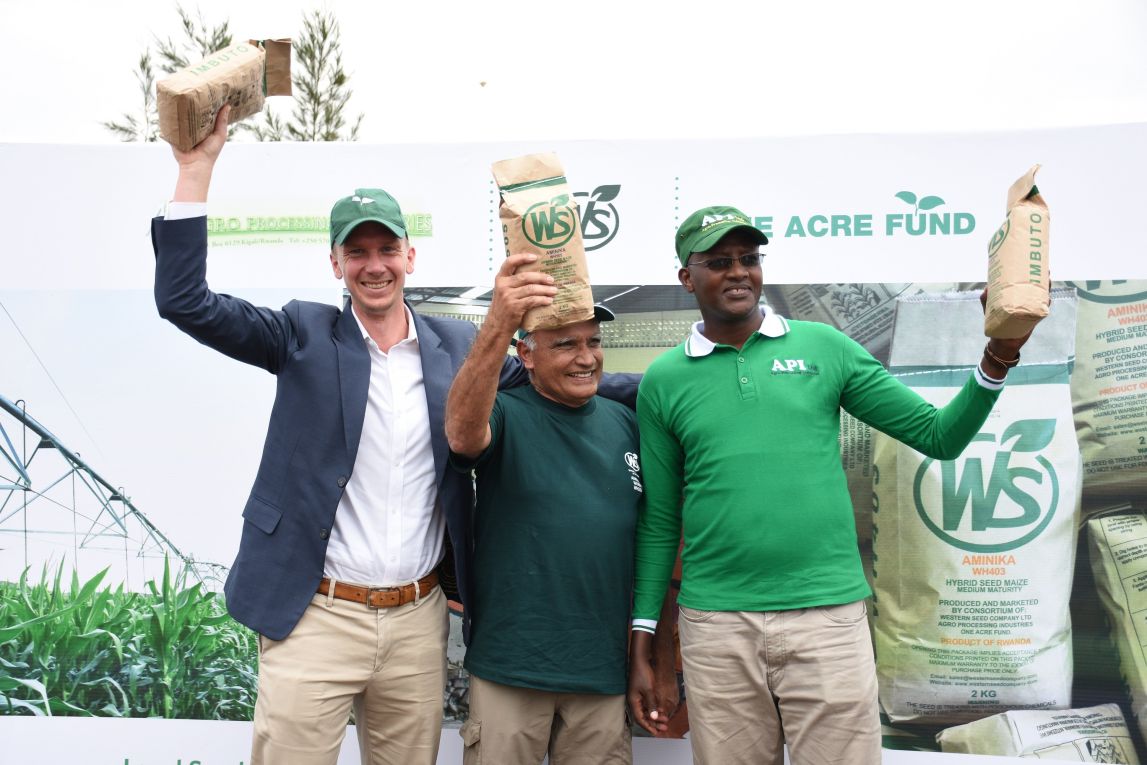
The production facility, in northeastern Rwanda, is set to produce over 700 metric tonnes of seed this year. We’re hoping to scale production by over 2000 MT each year and eventually introduce at least 8 new varieties, tailored to the country’s unique agro-ecological zones, by 2023.
Traditionally, it takes well over five years to grow a seed programme, like this one, to scale. However, we’ve managed to do it in just 8 months thanks to our partners who brought expertise, experience, and vital resources to jumpstart production. We also are grateful to the Rwandan government whose support helped us speed up investment.
Before the production facility launched in July 2019, One Acre Fund was the largest buyer and importer of hybrid seed in Rwanda. We were also one of the major distributors of these seeds to farmers and agro-dealers in the country.
With the facility now up and running, we’re glad that it will help ensure that Rwandan farmers will have a more reliable quality seed supply locally ready on time for planting. We’ve already released about 13 metric tonnes in promotional packs to farmers.
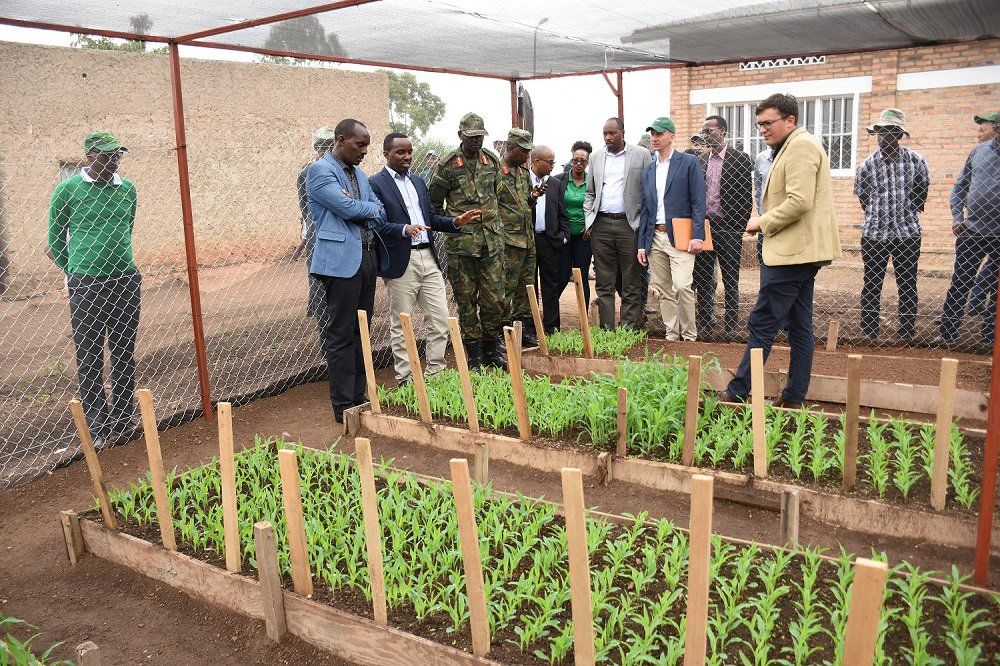
Back in Rusizi, Thomas already has his sample pack and is excited about planting a truly ‘Made in Rwanda’ crop this year.
“Over the last 10 years, I have been growing maize seeds imported from neighbouring countries, and all of them allowed me to achieve high yields...I am excited to grow these locally made seeds, and I am expecting them to be of good quality,” he says.
